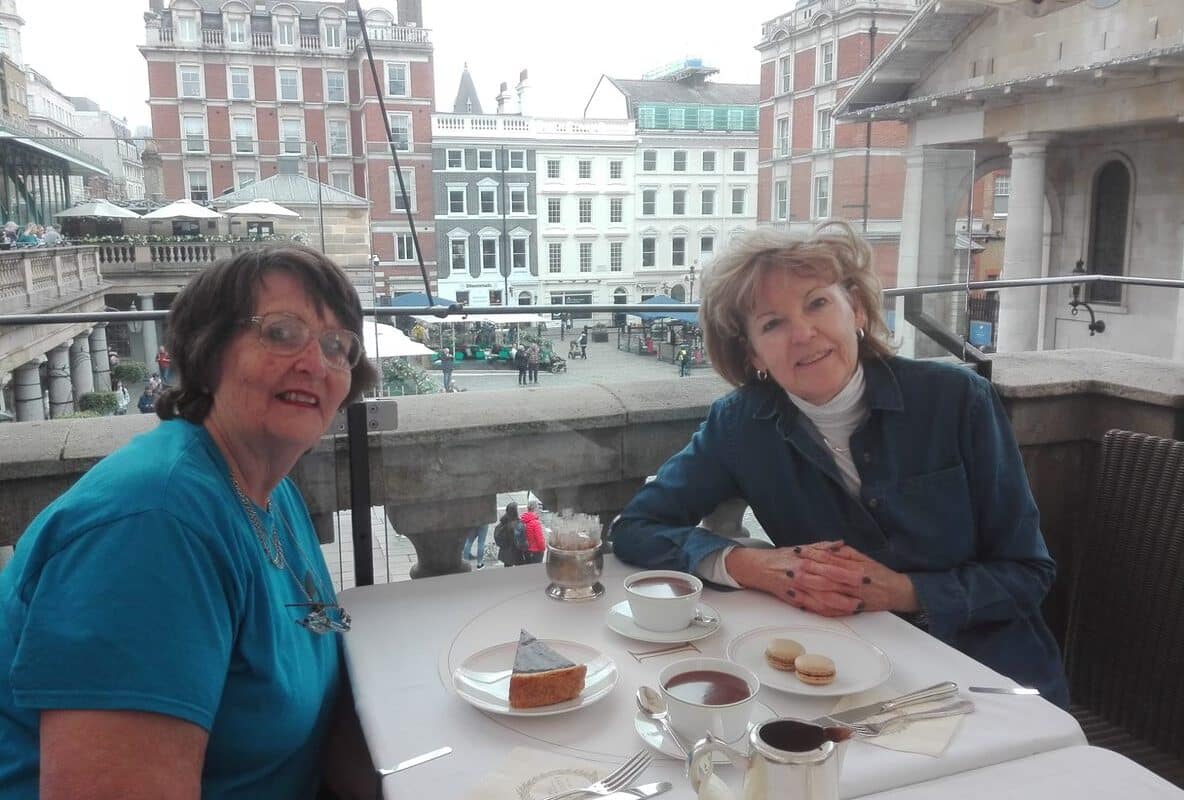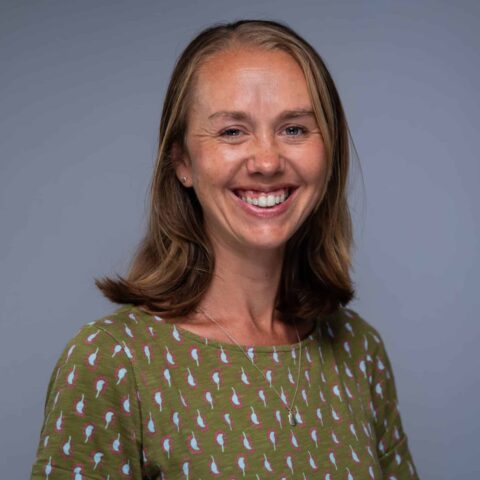This blog shares the experience of a Home for Good Volunteer from St James’s Church Piccadilly.
A Home for Good volunteer’s experience and its unexpected outcome
You might imagine that being given the key to a place to call home after living in a hostel or even on the street for some time would be one of the best things that ever happened to you. Hopefully it often is, but not always. Finding yourself suddenly on your own in an unfamiliar location perhaps a distance away from hostel or street friends can be a disorienting and lonely experience. This can and does result in such accommodation being unsuccessful, even abandoned.
Two years ago, St James’s, Piccadilly was asked by The Passage to lead a pilot scheme for churches to provide volunteers to assist such recently housed or soon to be housed people to assimilate into their new surroundings. An up and running community intervention scheme, Home for Good, was proving effective for this and they wished to expand its scope.
The idea behind the scheme was that volunteers from St James’s would agree to meet on a regular basis with a person in need of support referred to them by The Passage. Claire Wright and I agreed to coordinate this, and over the next few months we participated with volunteers in training sessions online with The Passage and learnt from existing volunteers about the role we would play.
The role of a Home for Good volunteer
The role is a specific one. We are community volunteers and we are asked to think of the person we meet as a client, not a friend – a concept that is hard to embrace at first! However, the arrangement with any one person is for a maximum of one year, after which time we will have no further contact, so the structured nature of the relationship is intentional.
During the training session we heard first-hand about issues that sometimes have to be faced but also about the fun of shared experiences. Issues might range from clients not turning up for the prearranged meeting or wanting to meet in a pub or their own accommodation, both of which are ‘out of bounds’! There is a strict protocol for meetings: they must only take place in a public space such as a café or gallery and not in one that offers alcohol.
Meetings typically last for an hour (or two hours if fortnightly) and ideally serve the purpose of familiarizing the client with their new neighbourhood, encouraging them to explore what is available locally for practical things such as joining the library or community centre activities, but also where to enjoy a coffee and sandwich. For the latter a fund is available to cover the cost.

A befriending year full of surprises
My own experience over the past year has been full of surprises. My client lived in a hostel waiting to be housed in a flat. The concern explained to me by the Passage was that the person was unfamiliar with London and shy of going out and about and that she also had health and trauma issues.
I will call my client Terri (not her real name). Terri, I discovered, was quite streetwise and had cousins in East London. Once I had shown her the way she came back alone including at night. Her health issues determined if and when she could meet me. Often this meant her joining me in the hostel’s office for a coffee and a chat, meaning she didn’t have to leave the building. She was reluctant to explore the area for lack of energy, but from time to time could rally and we particularly enjoyed The Passage Christmas party.
She loved company and in many ways the hostel was an ideal home for her, surrounded by other people with time on their hands, often caring for one another and with an onsite office of helpful, trained staff. I gradually overcame my concern that I was not ‘fulfilling my (mostly imagined) remit’ and simply enjoyed our lively exchanges about life in general and Terri’s in particular.
I saw that I had her trust and that the important factor was a lack of judgement on both our parts about each other’s totally different life experiences. We also had a good laugh, especially over the phone where quite a few of our meetings took place during Covid-19 restrictions.
My role as a volunteer gave me every bit as much as I may have given her
Terri’s life changed direction towards the end of our year. A flat had not yet become available and she chose to live with friends outside London and as our year was up in August, I have no further news of her.
I shan’t forget her, and my role as volunteer gave me every bit as much as I may have given her. It taught me not to have expectations of someone you know very little about and not to have ideas of what should or should not happen in this particular kind of relationship. An open mind and if possible, an open heart allow connection and that in itself is of value. My hope is that our connection may have given Terri some extra confidence to face the practical problems she may still have. She has given me the confidence to look forward to my next client.

